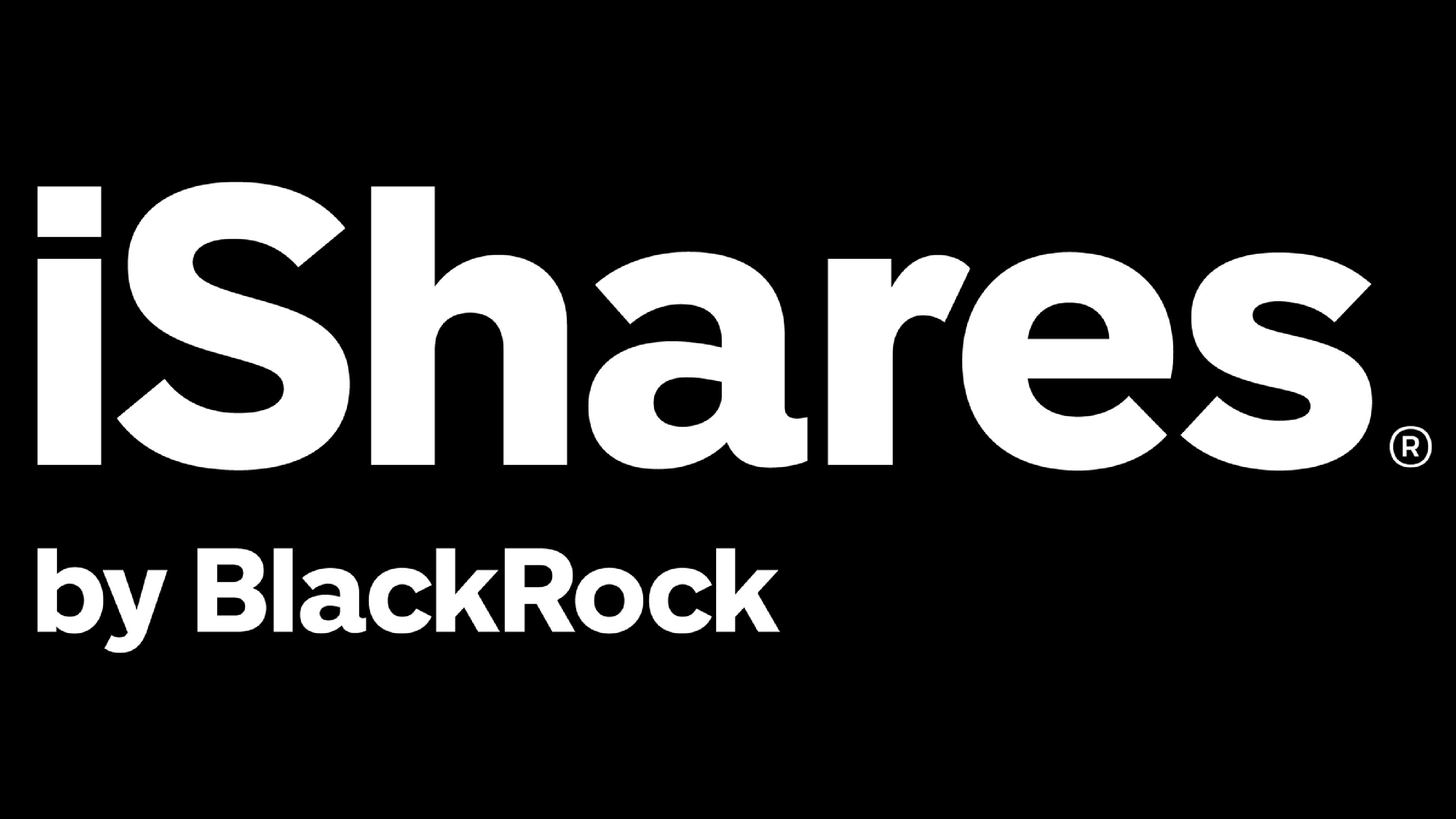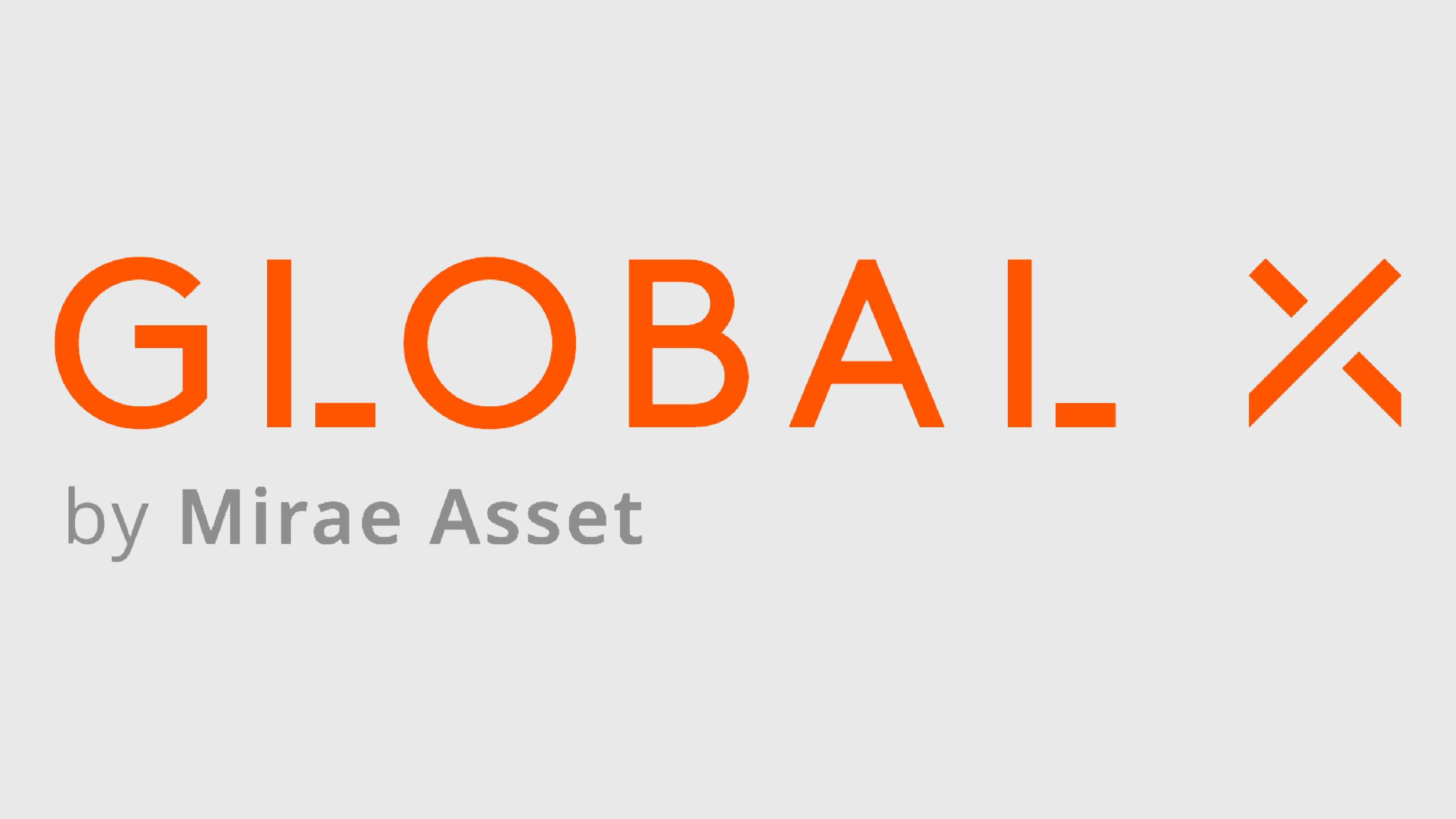The Best AI and Robotics ETFs to Buy in 2026
The best AI and robotics ETFs provide investors access to a world-changing AI megatrend. But exposure, cost and risk can vary greatly.

Profit and prosper with the best of Kiplinger's advice on investing, taxes, retirement, personal finance and much more. Delivered daily. Enter your email in the box and click Sign Me Up.
You are now subscribed
Your newsletter sign-up was successful
Want to add more newsletters?

The Global Industry Classification Standard (GICS) places information technology into three industry groups: software and services, technology hardware and equipment, and semiconductors and semiconductor equipment.
In 2025, what ties these groups together is their role in developing, advancing and commercializing artificial intelligence (AI) applications.
For the average person, AI today is less about science fiction and more about practical tools. It powers voice assistants, creates personalized shopping suggestions, improves medical imaging, automates customer service and helps design computer chips and software.
While entrepreneurs like Sam Altman of OpenAI or Elon Musk of xAI often speak about AI as a transformative force for society, most of its present use-cases remain focused on making existing technologies faster, cheaper and more efficient.
Because many of the companies driving this trend are publicly traded, a growing number of thematic exchange-traded funds (ETFs) have emerged to provide access. Thematic ETFs focus on a specific theme, such as AI or robotics, rather than a broad sector or market index. This makes these ETFs different from traditional sector funds or index funds, which cast a wider net and hold companies across an entire industry or market.
Understanding AI as an investor
It's easy to get lost in the details if you approach AI investing by trying to understand what the technology is capable of. New large language models roll out quickly, and disruption means today's leader could be tomorrow's laggard. Unless you have a technical or scientific background, parsing whitepapers and research can feel overwhelming.
For most investors, a more practical approach is to view the AI ecosystem holistically. That means following where the money is going and identifying which companies can embed themselves at each stage of the value chain.
This mindset also requires discarding traditional sector boundaries, because AI-related companies aren’t confined to tech stocks. They also show up as communication services stocks and consumer discretionary stocks — even real estate stocks.
Technology: Microsoft (MSFT), Nvidia (NVDA), Oracle (ORCL) and CoreWeave (CRWV) provide the software, chips and cloud infrastructure that power AI.
Communications: Alphabet (GOOGL) and Meta Platforms (META), classified here as communications services companies, embed AI in search, social media and digital advertising.
Consumer discretionary: Amazon.com (AMZN) applies AI to e-commerce, logistics and cloud services, while Tesla uses it in autonomous driving.
Real estate: Data center REITs such as Equinix (EQIX) and Digital Realty (DLR) supply the physical infrastructure needed to support AI’s computing demands.
AI and robotics ETFs are designed to give investors exposure across this ecosystem. Many use index-based benchmarks that apply rules to sift through potential holdings, whether by measuring the percentage of revenue tied to AI or robotics, or even scanning earnings reports for mentions of the trends.
Others are actively managed, relying on analyst teams to apply discretion and, increasingly, using AI tools themselves to process information more efficiently.
How we picked the best AI and robotics ETFs
For the thematic ETFs, we included both passive and active funds.
While S&P's SPIVA scorecards show many active managers underperforming broad stock and bond benchmarks, that data mostly covers traditional style categories such as value, growth or small and large cap. Comparable long-term performance data for AI ETFs doesn't exist yet.
Another reason to consider active funds is that many passive, index-based AI ETFs charge expense ratios similar to their active peers. Since the segment is narrow and diversification is hard to achieve, the active-vs-passive distinction is less critical for investors here.
We did, however, set a fee cap. Only ETFs with expense ratios at or below 0.75% made the list. On a $10,000 investment, that equals $75 in annual fees.
These costs aren't paid upfront but deducted gradually, reducing net returns over time. An expense ratio of 75% is generally the standard for active ETFs and should not be exceeded for index-tracking ETFs.
Liquidity was another key factor. Large-cap U.S. AI companies trade actively, but smaller and foreign stocks often do not. Because ETF liquidity depends on the liquidity of the underlying holdings, we prioritized ETFs with a 30-day median bid-ask spread of 0.1% or less.
Finally, we screened for scale. The ETF industry is highly competitive, with small and large issuers alike launching new AI funds to capture investor attention. Not all will survive.
Funds below $50 million in assets under management face higher closure risk, so we limited our picks to those above that threshold.

iShares AI Innovation and Tech Active ETF
- Assets under management: $8.49 billion
- Expense ratio: 0.55%
- 30-day median bid-ask spread: 0.06%
- Inception date: October 21, 2024
The iShares AI Innovation and Tech Active ETF (BAI) is one of iShares' actively managed ETFs overseen by Tony Kim, head of the Fundamental Equities Global Technology Team, and Reid Menge, portfolio manager on the same team, along with a group of technology-focused analysts. Both of the portfolio managers are managing directors at BlackRock (BLK), with Tony having 30 years of experience when it comes to technology investments.
The fund takes a concentrated approach with just 51 holdings, using a "bottom-up" stock-picking strategy. In active management, that approach means focusing on individual company fundamentals rather than broad sector or macroeconomic trends.
BlackRock positions the ETF as a satellite holding, designed to complement a diversified core portfolio.

Global X Artificial Intelligence & Technology ETF
- Assets under management: $7.9 billion
- Expense ratio: 0.68%
- 30-day median bid-ask spread: 0.02%
- Inception date: May 11, 2018
The Global X Artificial Intelligence & Technology ETF (AIQ) tracks the Indxx Artificial Intelligence & Big Data Index. It currently holds 92 companies, with top positions in Alphabet, Oracle, Tesla (TSLA), Broadcom (AVGO) and Apple (AAPL).
A notable feature of AIQ is a sizable allocation to foreign AI leaders, including Alibaba (BABA), Samsung Electronics and Taiwan Semiconductor Manufacturing (TSM).
AIQ's holdings show strong fundamentals, with an average return on equity of 19.7%. However, valuations are high, with a 2025 price-to-earnings ratio of 27.07 and a price-to-book ratio of 4.55.
Investors should also expect higher volatility than the S&P 500, reflected in a 1.28 beta.

iShares Future AI & Tech ETF
- Assets under management: $2.22 billion
- Expense ratio: 0.47%
- 30-day median bid-ask spread: 0.08%
- Inception date: June 26, 2018
For investors prioritizing lower fees, BlackRock offers the iShares Future AI & Tech ETF (ARTY) as the passive counterpart to BAI.
ARTY tracks the Morningstar Global Artificial Intelligence Select Index, a fairly concentrated portfolio of approximately 50 global companies across generative AI, AI data and infrastructure, AI software and AI services verticals.
Choosing ARTY over BAI may come down to transparency preferences. BAI, as an actively managed strategy, is more opaque and more subject to manager discretion, leaving potential for style drift if a lead manager were to depart.
With ARTY, investors can download the index rules and clearly see why a company is added or removed.

Dan Ives Wedbush AI Revolution ETF
- Assets under management: $1.04 billion
- Expense ratio: 0.75%
- 30-day median bid-ask spread: 0.03%
- Inception date: June 3, 2025
Wedbush Securities, long known for its equity research, entered the ETF space with the Dan Ives Wedbush AI Revolution ETF (IVES), its first product.
The fund carries the name of Dan Ives, Wedbush's managing director and popular tech analyst recognized from CNBC and Bloomberg for his colorful attire and bullish stance on disruptive technology.
Despite that branding, IVES is not actively managed. Instead, it tracks the Solactive Wedbush Artificial Intelligence Index, a portfolio of 30 AI-related companies.
The index starts with U.S.-listed equities and ADRs that meet minimum size and liquidity requirements, then applies a thematic filter tied to the "Dan Ives AI 30" research list.
Solactive's indexing software uses natural language processing to screen filings and public sources for AI relevance, with only companies deriving at least 50% of revenue from related areas making the cut.

Global X Robotics & Artificial Intelligence ETF
- Assets under management: $3.38 billion
- Expense ratio: 0.68%
- 30-day median bid-ask spread: 0.03%
- Inception date: September 12, 2016
Global X offers two AI-focused thematic ETFs. While AIQ provides a generalist approach to AI development and infrastructure, the Global X Robotics & Artificial Intelligence ETF (BOTZ) is more specialized.
BOTZ tracks the Indxx Global Robotics & Artificial Intelligence Thematic Index, holding 50 companies tied to applied AI in areas such as industrial robotics, automation, non-industrial robots and autonomous vehicles.
The portfolio differs noticeably from AIQ. Though there are overlaps such as Nvidia, BOTZ allocates much more toward industrials and health care, reflecting its applied automation tilt.
For instance, top holding Intuitive Surgical (ISRG) uses robotics for minimally invasive procedures, and AeroVironment (AVAV) develops drones.
Just over half of the portfolio is invested outside the U.S., with a significant allocation to Japan.
Learn more about BOTZ at the Global X provider site.
Related content
Profit and prosper with the best of Kiplinger's advice on investing, taxes, retirement, personal finance and much more. Delivered daily. Enter your email in the box and click Sign Me Up.
Tony started investing during the 2017 marijuana stock bubble. After incurring some hilarious losses on various poor stock picks, he now adheres to Bogleheads-style passive investing strategies using index ETFs. Tony graduated in 2023 from Columbia University with a Master's degree in risk management. He holds the Certified ETF Advisor (CETF®) designation from The ETF Institute. Tony's work has also appeared in U.S. News & World Report, USA Today, ETF Central, The Motley Fool, TheStreet, and Benzinga. He is the founder of ETF Portfolio Blueprint.
-
 4 High-End Experiences Worth the Splurge After 50
4 High-End Experiences Worth the Splurge After 50These curated date ideas provide the perfect backdrop for couples ready to enjoy the very best that the world has to offer.
-
 Health Care Stocks Have Sagged. Can You Bet on a Recovery?
Health Care Stocks Have Sagged. Can You Bet on a Recovery?The flagging health care sector has perked up a bit lately. Is it time to invest?
-
 Costco's Auto Program: Can Membership Pricing Really Save You Money on a Car?
Costco's Auto Program: Can Membership Pricing Really Save You Money on a Car?Costco's Auto Program can simplify the car-buying process with prearranged pricing and member perks. Here's what to know before you use it.
-
 Health Care Stocks Have Sagged. Can You Bet on a Recovery?
Health Care Stocks Have Sagged. Can You Bet on a Recovery?The flagging health care sector has perked up a bit lately. Is it time to invest?
-
 Your Retirement Age Is Just a Number: Today's Retirement Goal Is 'Work Optional'
Your Retirement Age Is Just a Number: Today's Retirement Goal Is 'Work Optional'Becoming "work optional" is about control — of your time, your choices and your future. This seven-step guide from a financial planner can help you get there.
-
 Have You Fallen Into the High-Earning Trap? This Is How to Escape
Have You Fallen Into the High-Earning Trap? This Is How to EscapeHigh income is a gift, but it can pull you into higher spending, undisciplined investing and overreliance on future earnings. These actionable steps will help you escape the trap.
-
 I'm a Financial Adviser: These 3 Questions Can Help You Navigate a Noisy Year With Financial Clarity
I'm a Financial Adviser: These 3 Questions Can Help You Navigate a Noisy Year With Financial ClarityThe key is to resist focusing only on the markets. Instead, when making financial decisions, think about your values and what matters the most to you.
-
 Dow Absorbs Disruptions, Adds 370 Points: Stock Market Today
Dow Absorbs Disruptions, Adds 370 Points: Stock Market TodayInvestors, traders and speculators will hear from President Donald Trump tonight, and then they'll listen to Nvidia CEO Jensen Huang tomorrow.
-
 Private Capital Wants In on Your Retirement Account
Private Capital Wants In on Your Retirement AccountDoes offering private capital in 401(k)s represent an exciting new investment opportunity for "the little guy," or an opaque and expensive Wall Street product?
-
 It's Time to Bust These 3 Long-Term Care Myths (and Face Some Uncomfortable Truths)
It's Time to Bust These 3 Long-Term Care Myths (and Face Some Uncomfortable Truths)None of us wants to think we'll need long-term care when we get older, but the odds are roughly even that we will. Which is all the more reason to understand the realities of LTC and how to pay for it.
-
 Fix Your Mix: How to Derisk Your Portfolio Before Retirement
Fix Your Mix: How to Derisk Your Portfolio Before RetirementIn the run-up to retirement, your asset allocation needs to match your risk tolerance without eliminating potential for growth. Here's how to find the right mix.

